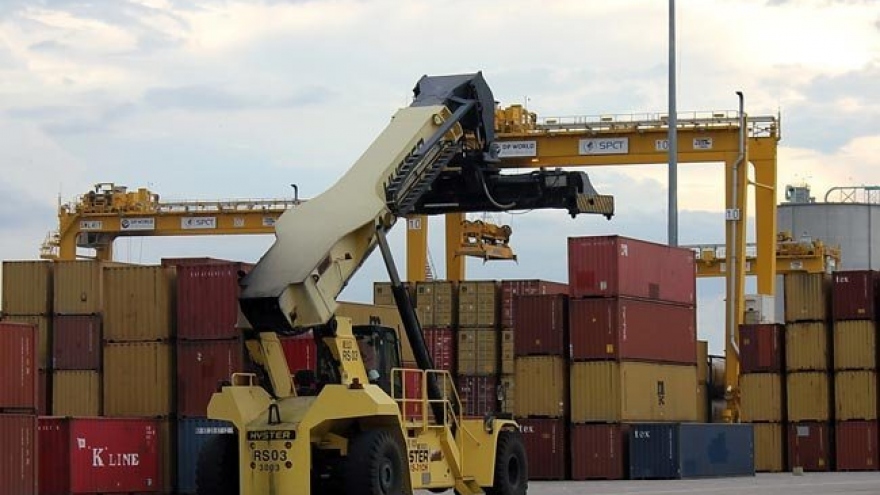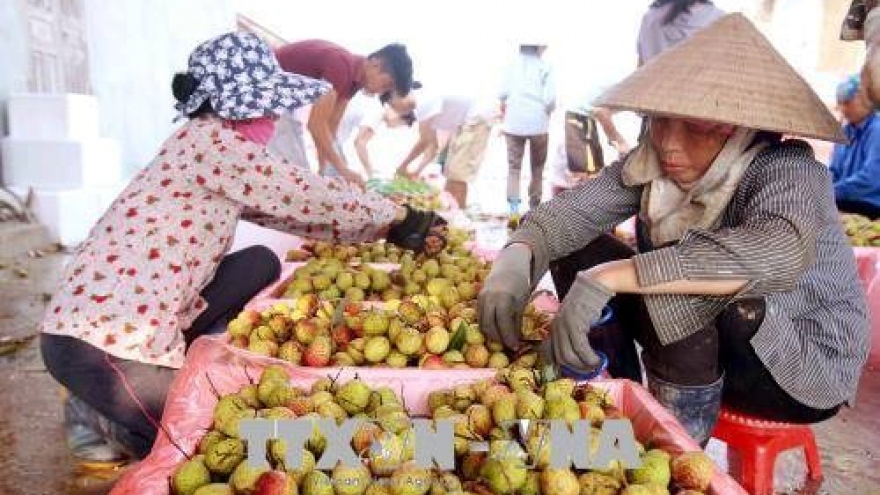Vietnamese firms seek to adapt to official exports to China
Vietnamese businesses and farmers face various challenges in exporting farm produce to China, which is shifting from unofficial channels to official ones.
 |
| Illustrative image (Photo: hanoimoi.com.vn) |
Statistics show up to 70 percent of Vietnamese agricultural exports to China have been shipped via unofficial channels.
However, the Chinese side has set new conditions and policies towards agricultural imports from Vietnam, putting many Vietnamese exporters in a pickle.
According to Nguyen Cong Truong, Vice Chairman of the People’s Committee of Lang Son province, which borders China, China has tightened policies regarding border residents and product packaging and preservation.
Notably, all Vietnamese goods must enter the Chinese market via official channels and with contracts, the official said.
Truong said Vietnamese traders face huge risks exporting via unofficial channels as their products may avoid the weak control set up by Vietnam to penetrate China through trails, but they can still be stopped by Chinese forces.
Moreover, local firms don’t abide by China’s requirements of origin traceability, said Hoang Khanh Duy, head of the export-import bureau under the provincial Department of Industry and Trade.
The department said it takes customs officers at the Tan Thanh border gate 3-5 minutes to inspect a truck. Therefore, only about 180 trucks crossed the gate each day in the first quarter of this year, leaving 500-700 others in the queue for border customs control.
During the period, the revenue of farm produce export through Lang Son’s border gates fulfilled only 21.3 percent of its set target, equivalent to 89.5 percent of the amount recorded in the same period last year, the department said.
Lao Dong (Labour) daily reported that local businesses prefer unofficial exports which cost them less in terms of packaging and transportation although they face more risks.
Duy said Vietnam aims to export more agricultural products to China via official channels, which requires greater efforts from State management agencies, enterprises and farmers to satisfy technical requirements set by the neighbouring country.
However, if successful, the quality and competitiveness of Vietnamese products will improve and they will have chances to join the global market more deeply, he said.


